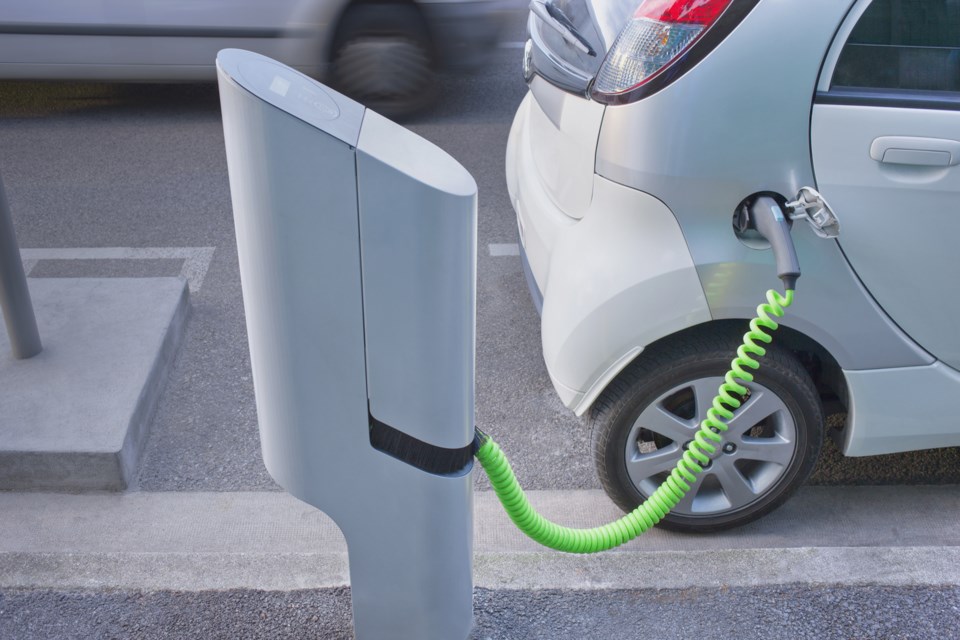In 2040, British Columbia will officially outlaw purchasing new vehicles that run on fossil fuels.
The Zero-Emission Vehicles Act, adopted in 2019, requires automakers to meet an escalating annual percentage of zero-emission vehicle sales and leases, reaching 10 per cent of light-duty vehicle sales by 2025, 30 per cent by 2030 and 100 per cent by 2040.
Municipalities across the province are working toward implementing more electric vehicle (EV) charging infrastructure to prepare for the shift.
With that in mind, the Resort Municipality of Whistler (RMOW) is partnering with the District of Squamish to host a webinar to educate people interested in installing EV infrastructure in their homes, stratas and multi-unit buildings.
The 90-minute webinar will begin on Wednesday, Oct. 26, at 7 p.m. The webinar will allow people to learn from EV experts about the latest charging technology, how to engage their strata council and property managers, and how to take advantage of rebates.
"It's going to be an opportunity to learn from experts about the latest in charging technology and focus on how to install EV charging infrastructure for apartments and condos or multi-unit residential buildings emerging in Squamish and Whistler,” said the District of Squamish's manager of sustainability, Ian Picketts.
“There'll be an opportunity to talk to residents of apartments and condos who have already gone through this so they can share their stories and some hints and tips."
British Columbia has consistently had one of the highest uptakes of electric vehicles in Canada. Encouraged by the province's high gas prices and with help from government subsidies, electric cars have become increasingly popular.
In 2021, Statistics Canada found that 93.4 per cent of new zero-emission vehicles were registered in Canada’s three largest provinces: 42.8 per cent in Quebec, 27.7 per cent in British Columbia, and 22.9 per cent in Ontario.
According to Picketts, Squamish and Whistler are on the right track for being prepared to transition to electric vehicles, but there are more investments to be made.
“We will definitely need more infrastructure, but I do strongly think that there is ample time to be ready for that change; the fact is I think we are moving towards being ready,” Picketts said.
In August, Whistler adopted a new green building policy that requires new multi-unit buildings to put EV charging infrastructure in place so that buildings can add additional charging stations as needed.
In addition to encouraging strata and existing multi-unit buildings to add new EV infrastructure, the RMOW has moved forward on implementing a new EV strategy which aims to have 50 per cent of cars registered in Whistler be electric vehicles by 2030.
Thanks to a grant from CleanBC, the entire Sea to Sky corridor will receive an expansion of 41 charging locations. Long-term, the RMOW hopes to have 348 Level 2 or 87 DC fast chargers or an equivalent combination of the two in the municipality to keep up as more people transition to EVs.
A link to sign up for the free webinar is available here.




